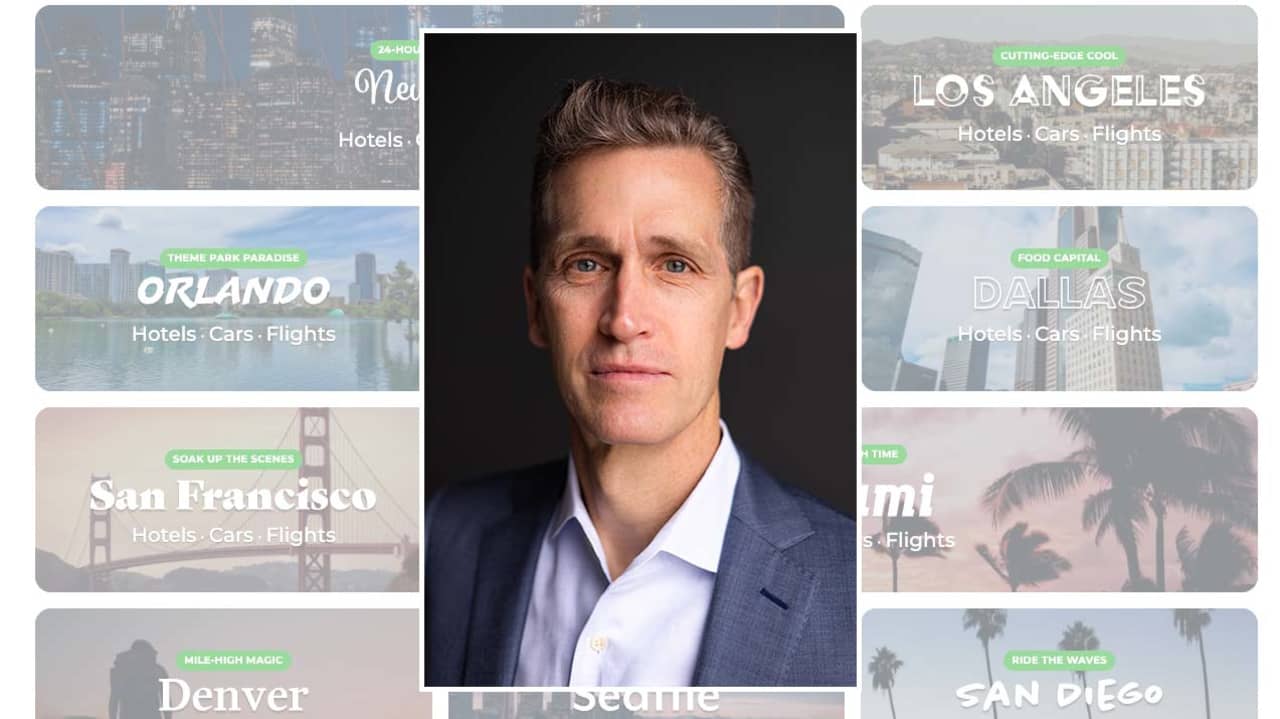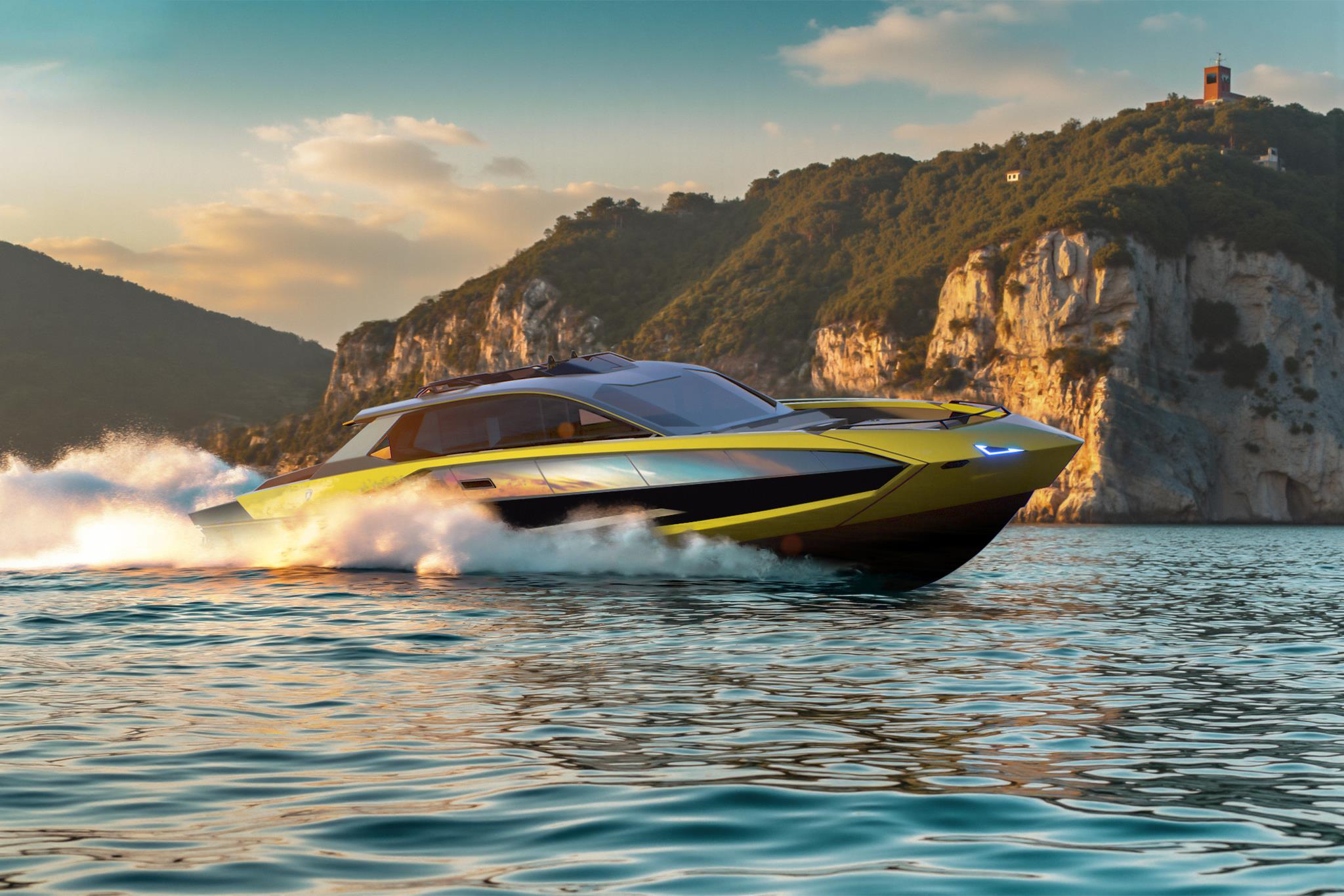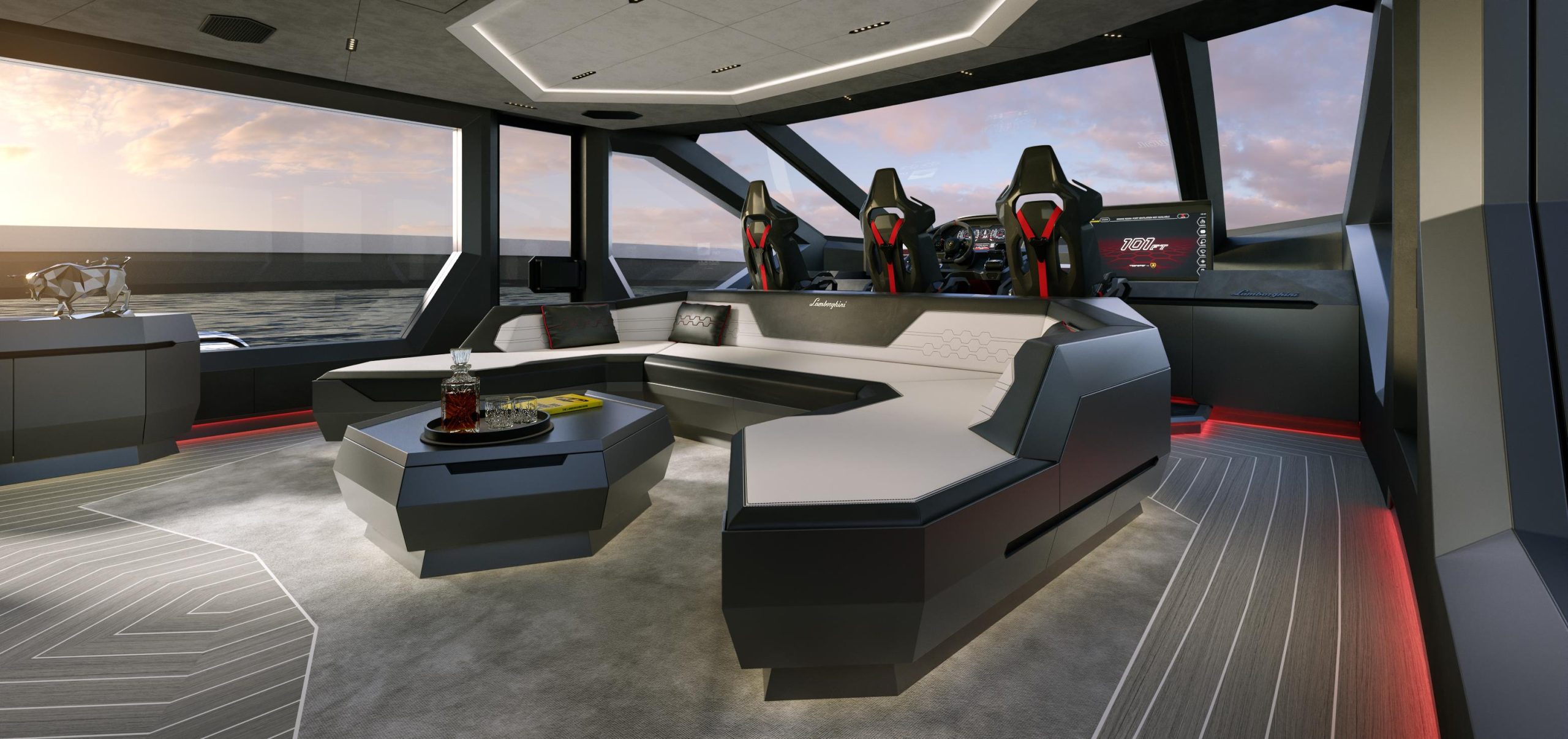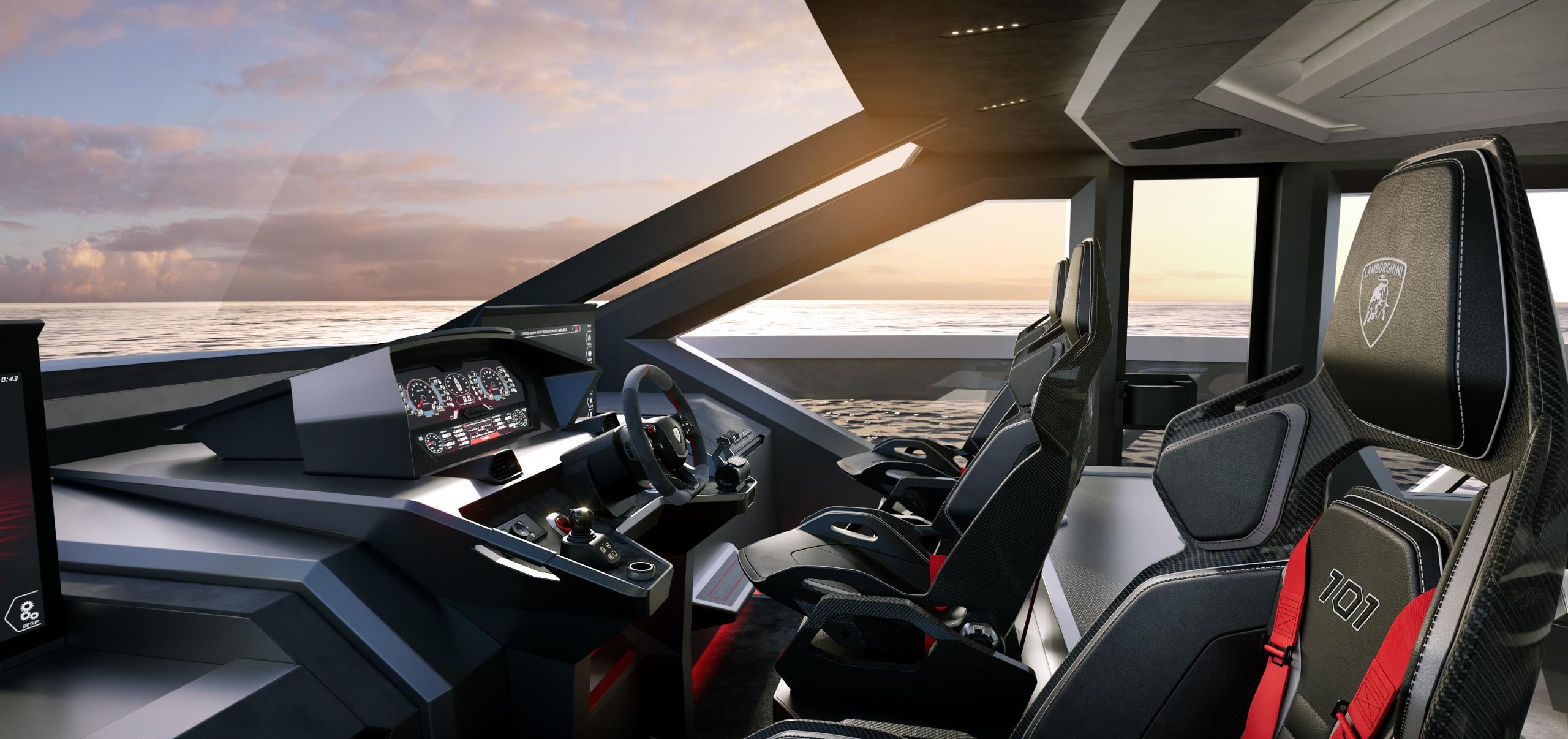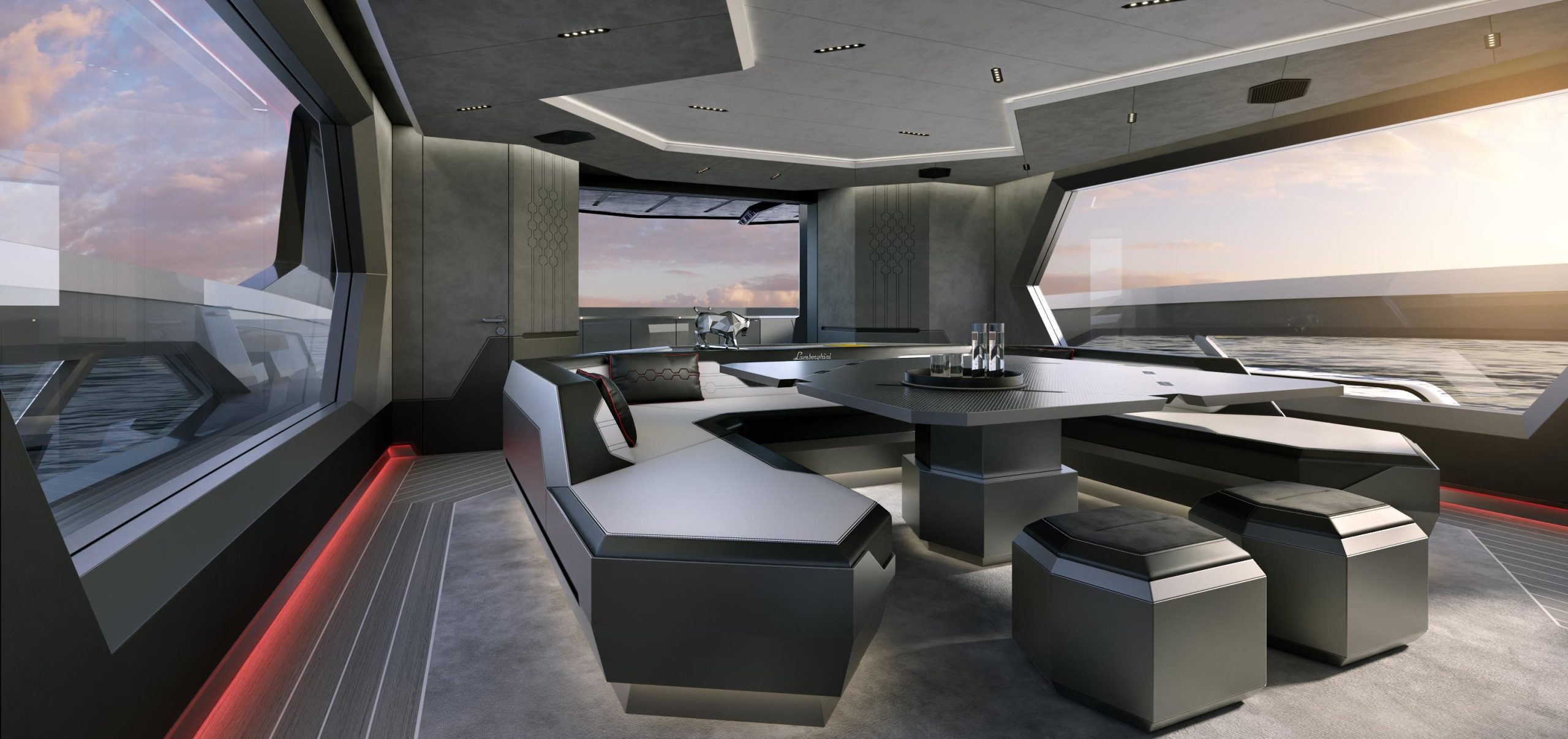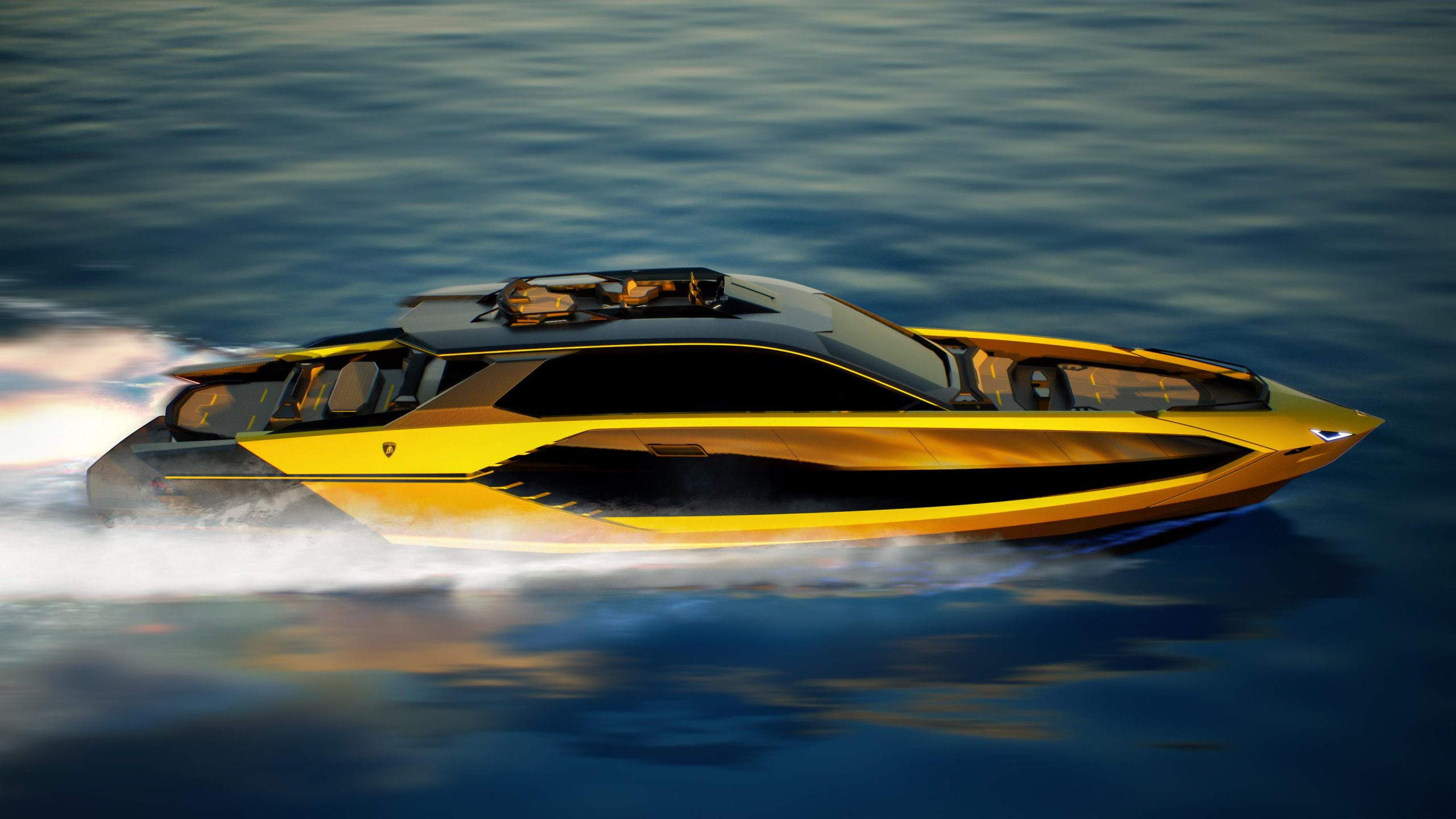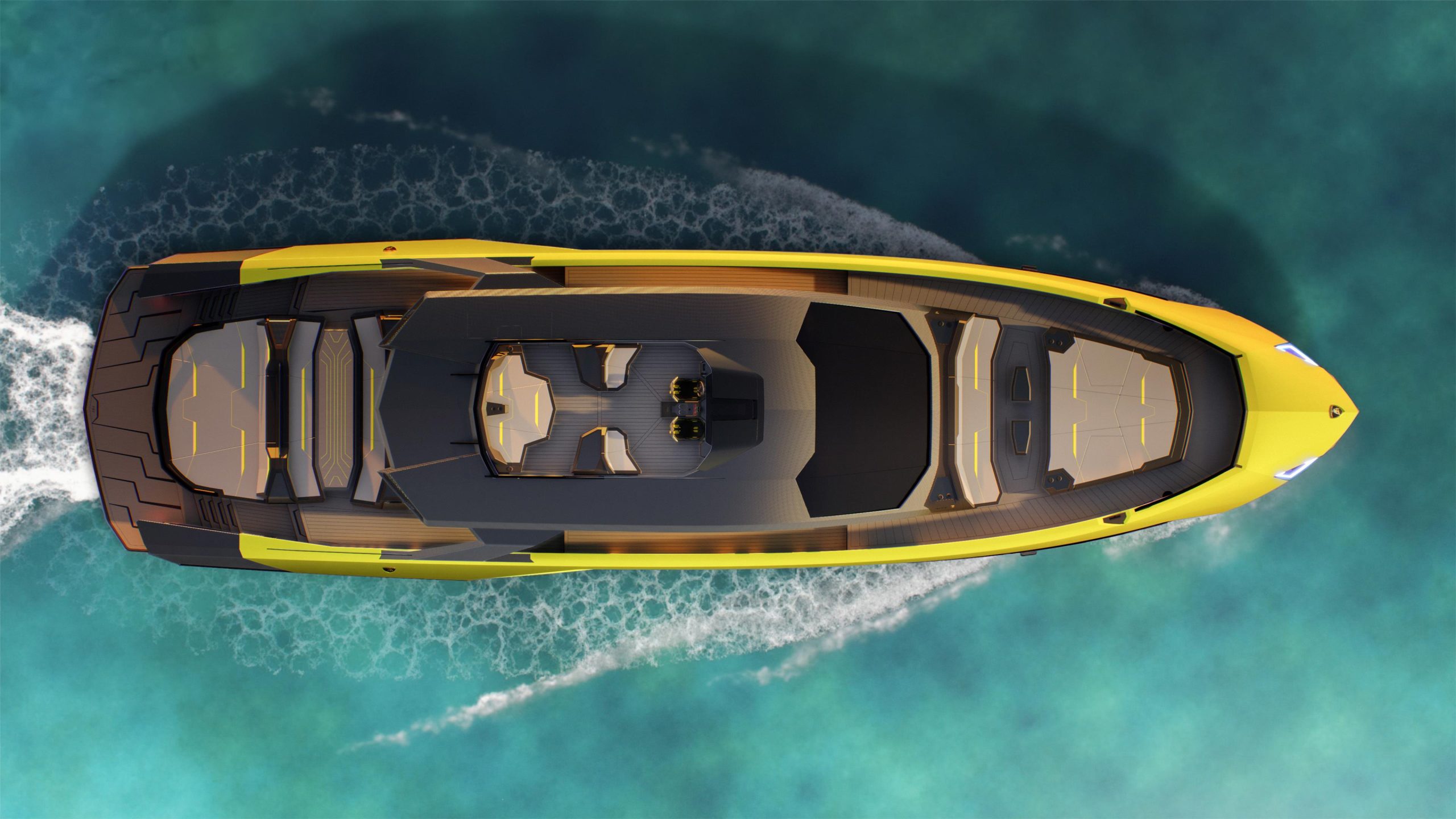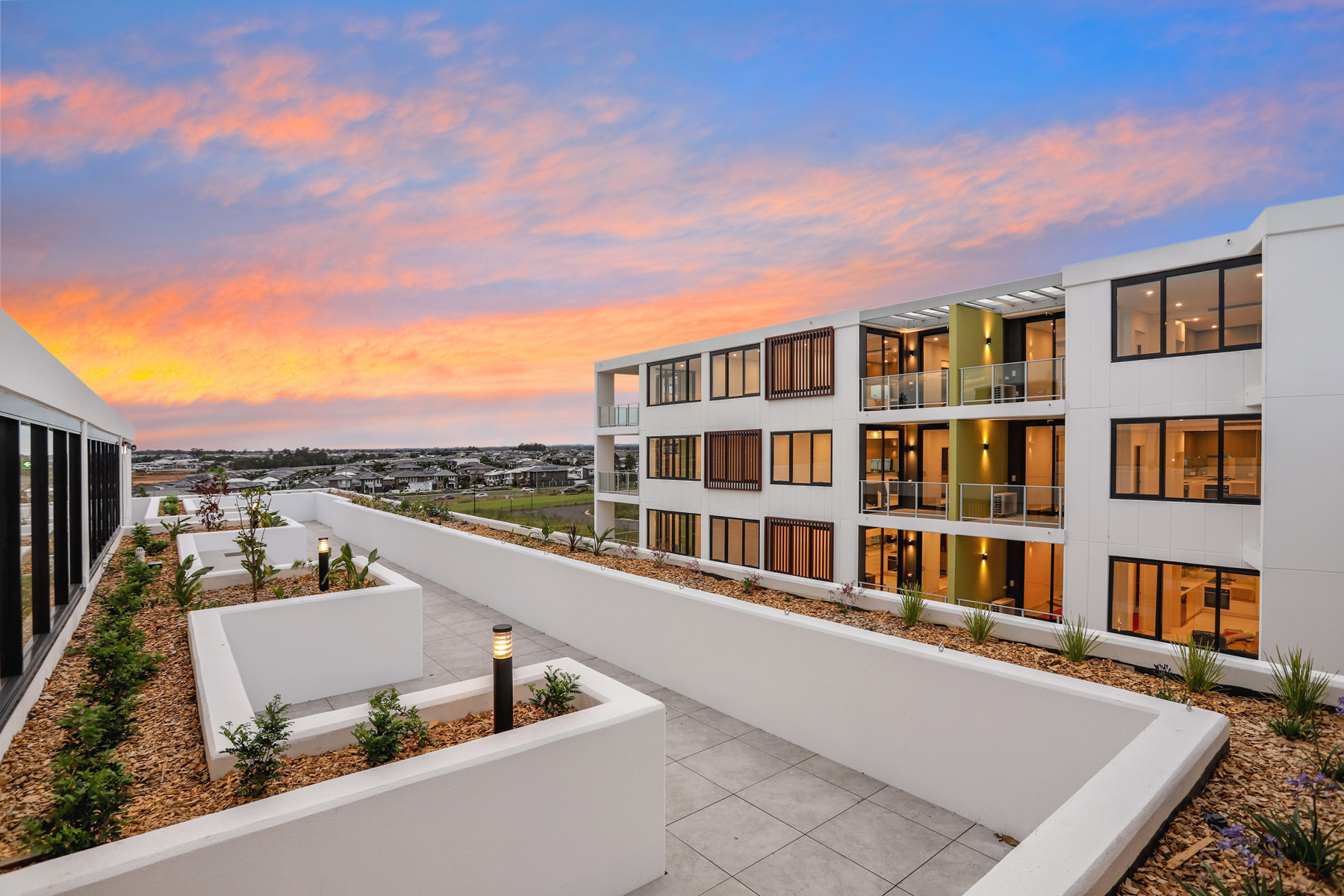AI Will Revolutionise How You Travel, Priceline CEO Says
With its 1997 launch as a name-your-own-price site, Priceline helped usher in the era of online travel booking―and the growth of a trillion-dollar category. Priceline itself has mushroomed into a global business with 1,500 full-time employees; along with global airline bookings, the site claims to offer 1.2 million accommodations in 116 countries.
Now, the Connecticut-based company is focusing on generative AI, and CEO Brett Keller is behind the leap. It’s just the latest technology push from Keller, a 25-year veteran of the company who has also served as CMO and COO. Under Keller, Priceline launched the travel industry’s first full-service mobile app in 2009; he also helped conceive the hugely popular William Shatner-fronted “Negotiator” ad campaign.
Keller, 56, talked to Penta about how AI is changing travel planning, what luxury travellers do to save money, and why Japan blows his mind.
Penta: Much of Priceline’s marketing is about value. Do you see luxury travellers in your customer mix along with budget-conscious travellers?
Brett Keller: High-net-worth consumers take a significantly higher number of trips than the average leisure traveller. For a high-end vacation like a safari in Tanzania, they’ll work with experts. But for the other 30 trips they book that year, either for themselves or family members, they don’t always reach for the stars. They want to manage money effectively. And as they’re moving around the country and the world, they need a fast, easy way to book travel that accommodates their needs. Priceline is a great platform for that kind of trip. And if you’re taking a quick weekend trip to Miami, and want to stay in the Four Seasons, we’ve negotiated with them. Even high-net-worth individuals seek value.
Priceline made headlines last year for partnering with both Google and OpenAI on Penny, your AI assistant. How has Penny evolved?
She’s gone from, “I can answer questions about the hotel you’re looking at” to actually servicing the customer through more complicated scenarios. If you need to cancel a hotel that’s fully refundable, you can do it with one click. But if there are issues, like a reservation that’s not fully cancelable, Penny can walk through those steps for you.
Penny’s also helping people find, search, and book properties. For example, if the customer tells her, “I’m looking for a great resort with these features, anywhere warm”—she’ll present recommended properties that meet those requirements. You can continue with Penny on the site, or go with the traditional experience.
Has there been any pushback from consumers about Penny and generative AI?
There has been none. Customers still have access to phone agents. Anyway, the younger generation doesn’t want to talk to anyone. And with traditional chat agents, live agents, or even messaging apps, there’s typically a delay. Penny answers immediately and in real time.
What’s the future of generative AI and online travel booking?
The future is a highly personalised shopping experience. It’s hard to achieve, because we don’t know about the consumer when they come in. But generative AI lets us dramatically improve personalisation. As you work with Penny, and tell us your preferences, the way you interact lets us find and book the best products and services every time you return. The ability to customise and personalise increases exponentially.
Is the travel experience even more bifurcated between elite, ultra-high-net-worth travellers and everyone else?
Consumers seem to be a little less sensitive in some areas. On planes, first-class and comfort-plus seats are the first to go, most of the time, and people are burning through points to sit in the front because they’re tired of not having legroom. But seats are packed in economy, too, so people are flying.
Hotel bookings are more economically driven in the U.S. Higher-income people are not as affected by interest rates or the cost of living, so they spend more freely than economy-minded consumers. There is a bit of bifurcation there. The low end is not filling, but the high end is.
It’s been reported Europe’s going to get even more crowded this summer. Does Priceline ever suggest alternatives to over-touristed or overpriced destinations?
We’re not in the business of telling you where you shouldn’t travel. We market popular destinations because that’s where people want to go. As much as we could tell people, “Las Vegas is overcrowded, don’t go,” people will want to go.
Social media is highlighting some overpopulated destinations and suggesting alternatives, so that comes back to us. But price is the No. 1 motivator. Vegas is a great value. There are so many hotel rooms available that you can go in a non-peak period and get a room in a four-star hotel for US$120. Try doing that in New York City.
What destinations are going to pop over the next year or two?
Asia will continue to be exciting and interesting to people. Bangkok is a great place to move in, then travel throughout Southeast Asia. As the region gets more popular, people will keep trying to find more remote and more unique destinations. People love Europe, but it was the hot spot in 2022 and ’23. Some travellers are saying, “I’ve had enough, and I’m moving on.” Japan is also amazing, for so many reasons. It’s easy to navigate. English is not a challenge. It’s safe. It feels like a different world, but completely first-world. The strength of the dollar is also driving some of that―again, price plays a role.
Beyond that, Mexico and the Caribbean took a real hit in 2022 and ’23 after a boom in 2021. They’re coming back now. A lot of people don’t want to travel far—“I just want to go to a beach and not think of anything.” And because not everyone wants to travel overseas, unique and relaxing cities like Nashville, Tennessee; Houston; and Austin, Texas, will be popular, especially into the fall.
Every day brings more headlines about airline woes. Who gets blamed if a Priceline customer has a bad flying experience, you or the airline?
When you have a bad experience traveling, you want to blame everybody. No matter what happened, the online travel agency takes blame and the airline takes the blame. It could be your seat, the person sitting next to you, whatever. We get the complaint, and we take on that responsibility and that role. We have leverage because of the amount of business we drive to partners. They want to work with us to make sure the customer has the best experience. Something goes wrong almost every time you take a trip. That’s just the reality.
What are your favourite places to travel?
My favourite destination, and a place where I spend a lot of time every summer, is [resort town] McCall, Idaho, one of the most beautiful towns in the West, with hiking, trails, and mountain biking. Outside of the country, it’s Japan, absolutely. Tokyo is the most exciting city in the world. It’s mind-blowing.
This interview has been edited for length and clarity.
 Copyright 2020, Dow Jones & Company, Inc. All Rights Reserved Worldwide. LEARN MORE
Copyright 2020, Dow Jones & Company, Inc. All Rights Reserved Worldwide. LEARN MORE
A divide has opened in the tech job market between those with artificial-intelligence skills and everyone else.
A 30-metre masterpiece unveiled in Monaco brings Lamborghini’s supercar drama to the high seas, powered by 7,600 horsepower and unmistakable Italian design.
A 30-metre masterpiece unveiled in Monaco brings Lamborghini’s supercar drama to the high seas, powered by 7,600 horsepower and unmistakable Italian design.
When Lamborghini takes to the water, subtlety isn’t on the agenda. Unveiled at the Monaco Yacht Show, the Tecnomar for Lamborghini 101FT is a 30-metre superyacht that fuses Italian automotive theatre with cutting-edge naval engineering.
The model builds on the collaboration that began in 2020 with the Tecnomar for Lamborghini 63, a sell-out success that celebrated the marque’s founding year.
This new flagship pushes the partnership between Automobili Lamborghini and The Italian Sea Group to a grander scale, designed to deliver the same adrenaline rush at sea that drivers expect behind the wheel.
“The Tecnomar for Lamborghini 101FT redefines the concept of nautical luxury,” said Stephan Winkelmann, Chairman and CEO of Automobili Lamborghini.
“It is not only a yacht, but an affirmation of Italian excellence. The Italian Sea Group and Automobili Lamborghini share an exclusive clientele who are passionate about beauty, technology, and extreme performance.”
Design cues are unmistakably Lamborghini. The yacht’s sharp exterior lines echo the Fenomeno supercar revealed at Monterey Car Week, complete with Giallo Crius launch livery and signature Y-shaped lighting.
Inside, the cockpit and lounges mirror the DNA of Sant’Agata supercars through hexagonal motifs, sculptural seating and dramatic contrasts. With accommodation for up to nine guests and three crew cabins, indulgence meets practicality on every deck.
Performance is equally uncompromising. Three MTU 16V 2000 M96L engines and triple surface propellers generate a combined 7,600 horsepower, driving the yacht to 45 knots at full throttle, with a cruising speed of 35 knots. Two 35 kW generators provide additional efficiency and reliability, ensuring the yacht’s power matches its presence.
Mitja Borkert, Lamborghini’s Design Director, said: “With the Tecnomar for Lamborghini 101FT, we aimed to create a product that embodies the main design characteristics of our super sports cars. All the details, from the exterior to the colour, to the interior areas, recall and are inspired by Lamborghini’s DNA.”
Presented in scale at Monaco, the definitive Tecnomar for Lamborghini 101FT is scheduled to hit the water at the end of 2027. For those who demand their indulgence measured not only in metres but in knots, this is Lamborghini’s most extravagant expression yet.
ABC Bullion has launched a pioneering investment product that allows Australians to draw regular cashflow from their precious metal holdings.
Micro-needling promises glow and firmness, but timing can make all the difference.









